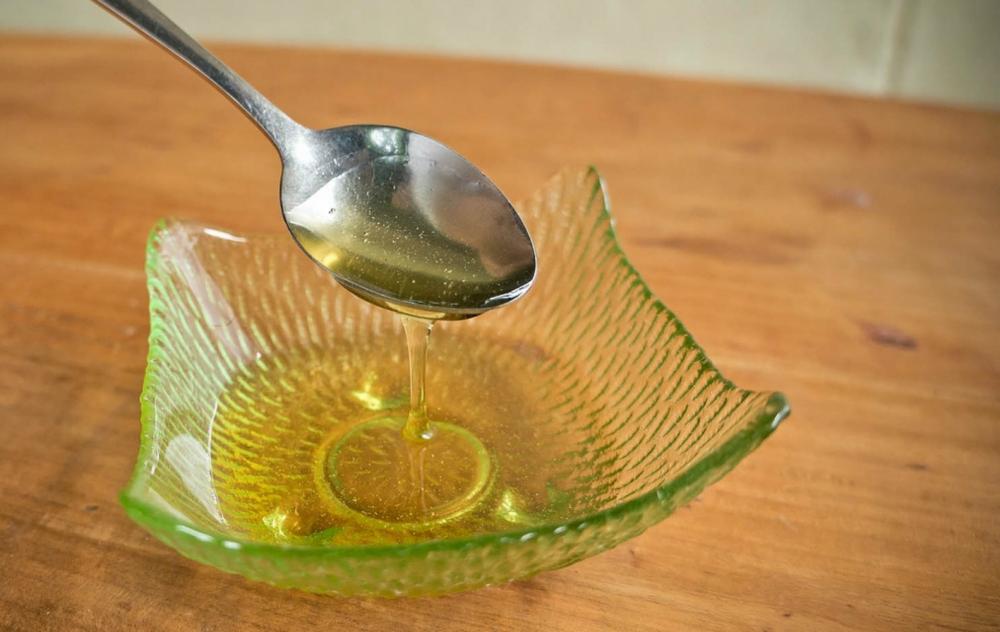hemp oil Hemp Oil Basics and Facts
Hemp, also known as marijuana, is a tall, coarse plant native to Asia, but grown nearly anywhere in the world. Besides its drug use, hemp is recognized as a valuable fiber, one that can be used to make rope, fabric and other materials. Hemp oil is also an important byproduct, one that is used as dietary supplement as well as for the relief of eczema, a skin disease.
Hemp oil is sometimes called hempseed oil. No matter the name used, this oil is derived by pressing hemp seeds. This oil should not be confused with hash oil, derived from the cannabis flower and acclaimed by many for its supposed medicinal qualities.
In its natural state, cold pressed, unrefined hemp oil ranges from clear light green to dark in color and has a nutty flavor. For a grassier taste, users can choose a darker color.
In its refined state, hemp oil is clear, colorless and offers only minimum flavoring. This also means that many of its naturally occurring vitamins and antioxidants have been removed. Thus, people seeking to enjoy the full medicinal benefit of hemp oil routinely look for unrefined oils. These oils are incorporated within body car products, including moisturizers, lotions, shampoos and more.
Hemp oil also has an industrial purpose. The oil is used as a wood finish, in particular as a drying oil although it usually is blended with other oils. Hempseed oil is often compared with linseed oil in its usage. This oil has also found use as a biodiesel, according to researchers at the University of Connecticut.
The cannabis saliva plant is used to produce hemp oil. However, it only contains small amounts of tetrahydrocannabinol, the psychoactive cannabis plant element. In the preparation process, the hemp seeds are cleansed before being pressed into an oil. Thus, hemp oil comes in below the government threshold for permissible tetrahydrocannabinol levels.
Hemp oil is also served as a tincture, whereby it can be added to other ingredients or taken directly. Tinctures include a dropper to ensure that the right amount of hemp oil is extracted.
When using any tincture, the bottle should be thoroughly shaken to ensure a full blending. Then and only then should the dropper be used to pull in the right amount to tincture. That tincture could then be added to a food source or applied directly under the tongue. Holding it in your mouth for upwards of 90 seconds before swallowing will ensure that you receive its full benefit. No, you won’t get “high” from a hemp seed tincture, but it can help you relax and sleep better.
Hemp seed oil is now also popular with those who vape. Vaping is a process that allows people to enjoy different flavorings via an electronic cigarette or similar vaping device, without the side effects of smoking. Like the tincture, only trace amounts of tetrahydrocannabinol is present, well within legal limits. At the same time, users frequently remark that the oil mixed with other flavors provide a winning combination for vaping. This product, like the tincture, is legal in all 50 states.
The Federal Drug Administration (FDA) has not ruled on the health benefits of hemp oil. That hasn’t stopped proponents from sharing their own findings, always with the proviso that such benefits may not have been independently confirmed explains Tasty Hemp Oil.
Users are often the best people to ask about hemp oil and what it does for them. Some claim that hemp oil lowers their cholesterol levels, maintains their sugar levels (ideal for people with diabetes), and boosts their immune systems. Besides combatting eczema, hemp oil may help people who have another skin condition, namely psoriasis.
At the same time, there are warnings that hemp oil can increase prostate cancer risk, may have an anti-clotting effect on blood, and cause diarrhea and abdominal cramps. Discuss your usage with your medical practitioner.



0 Comments
Recommended Comments
There are no comments to display.